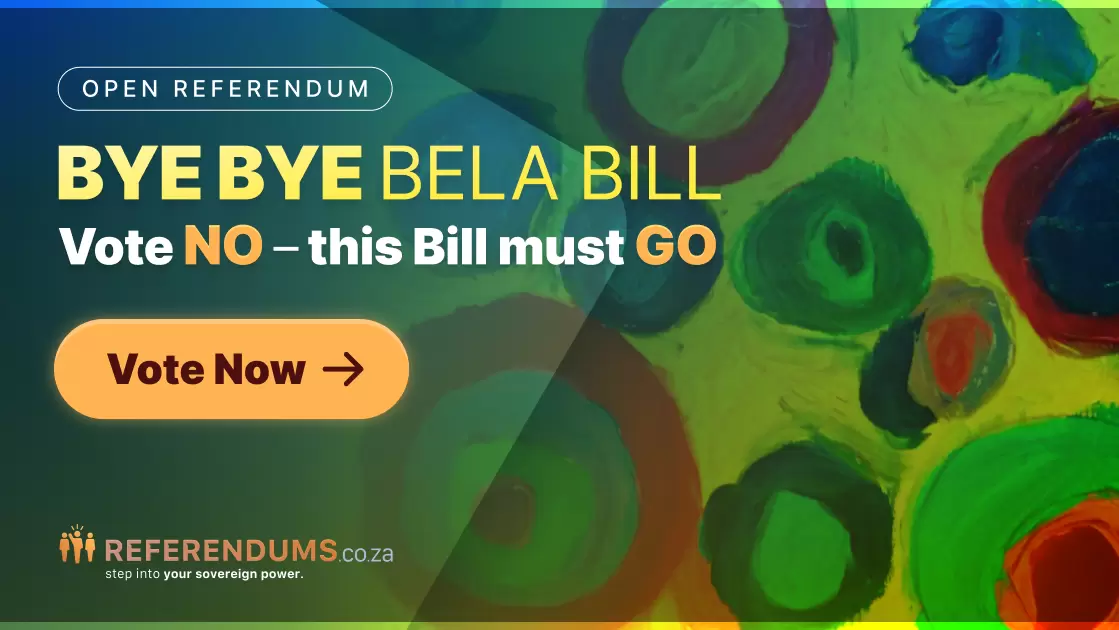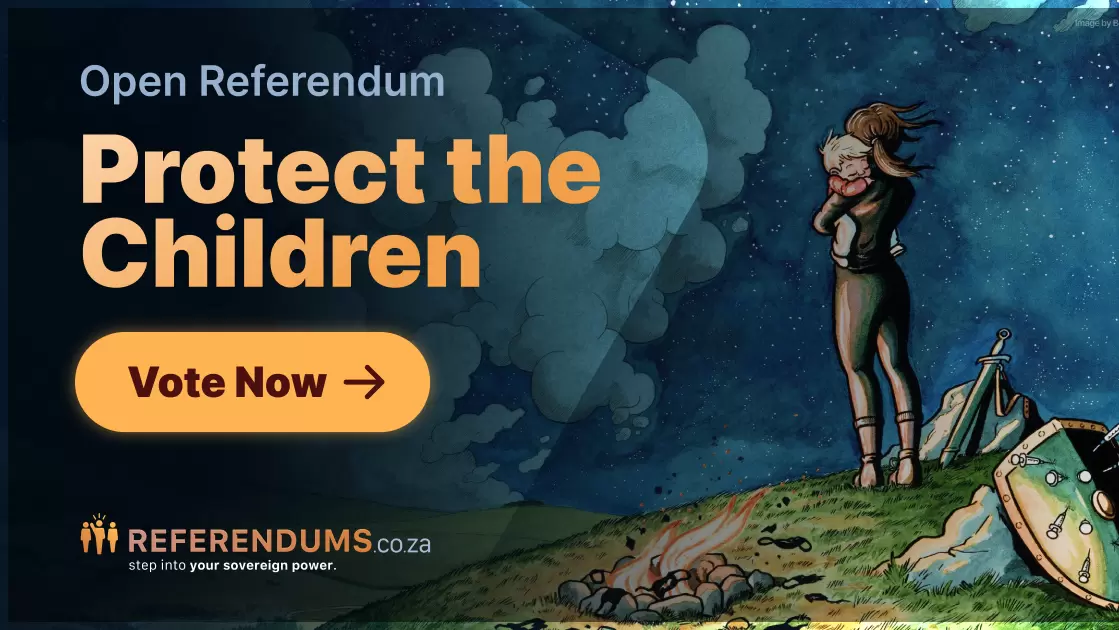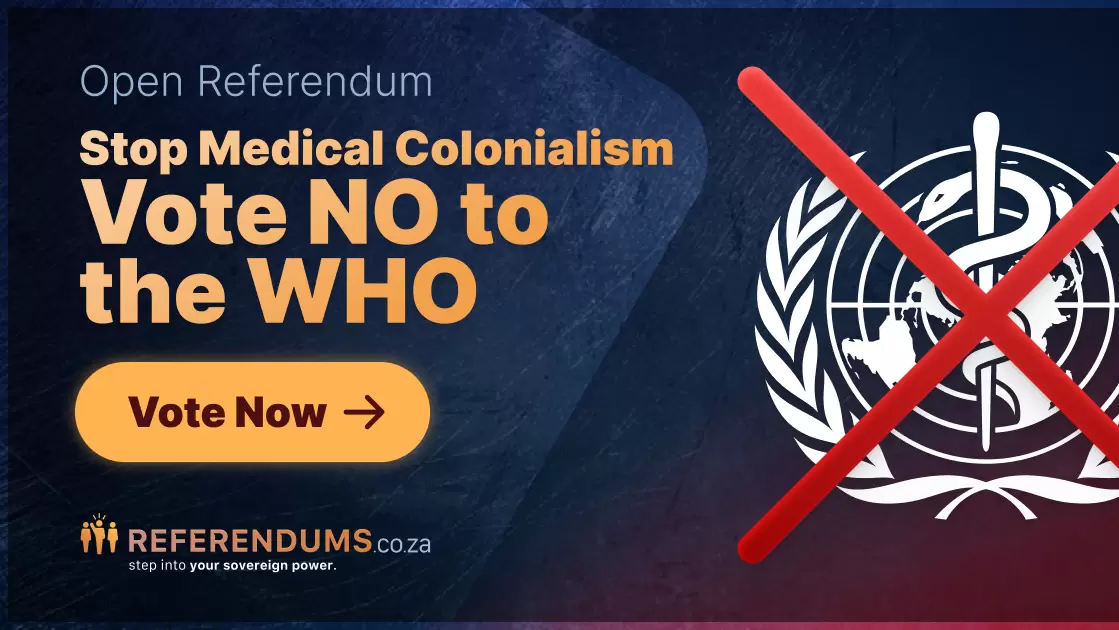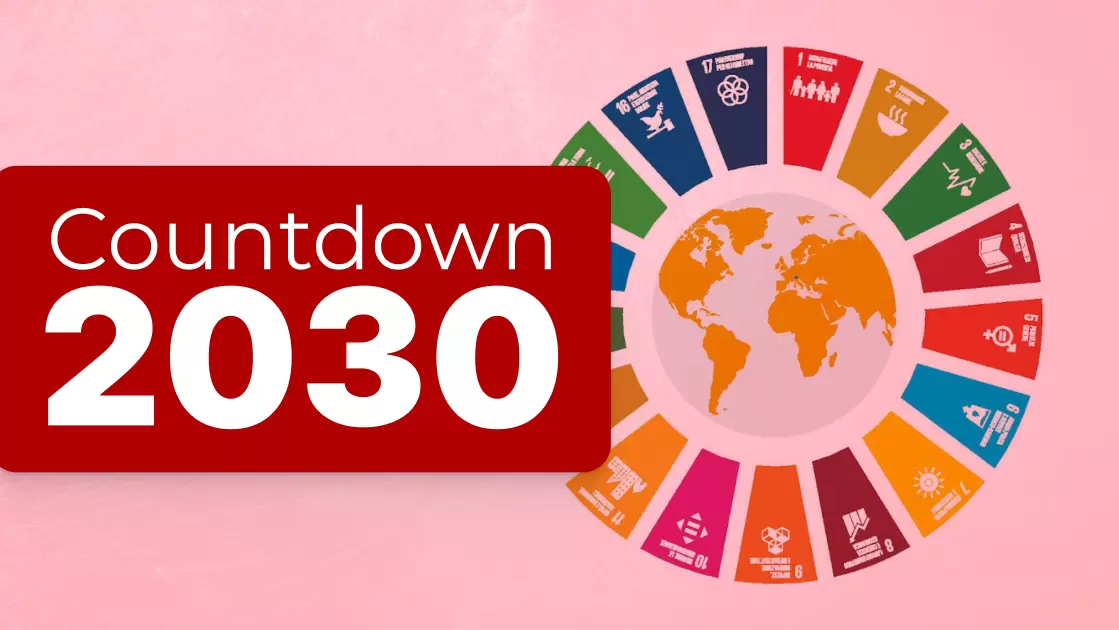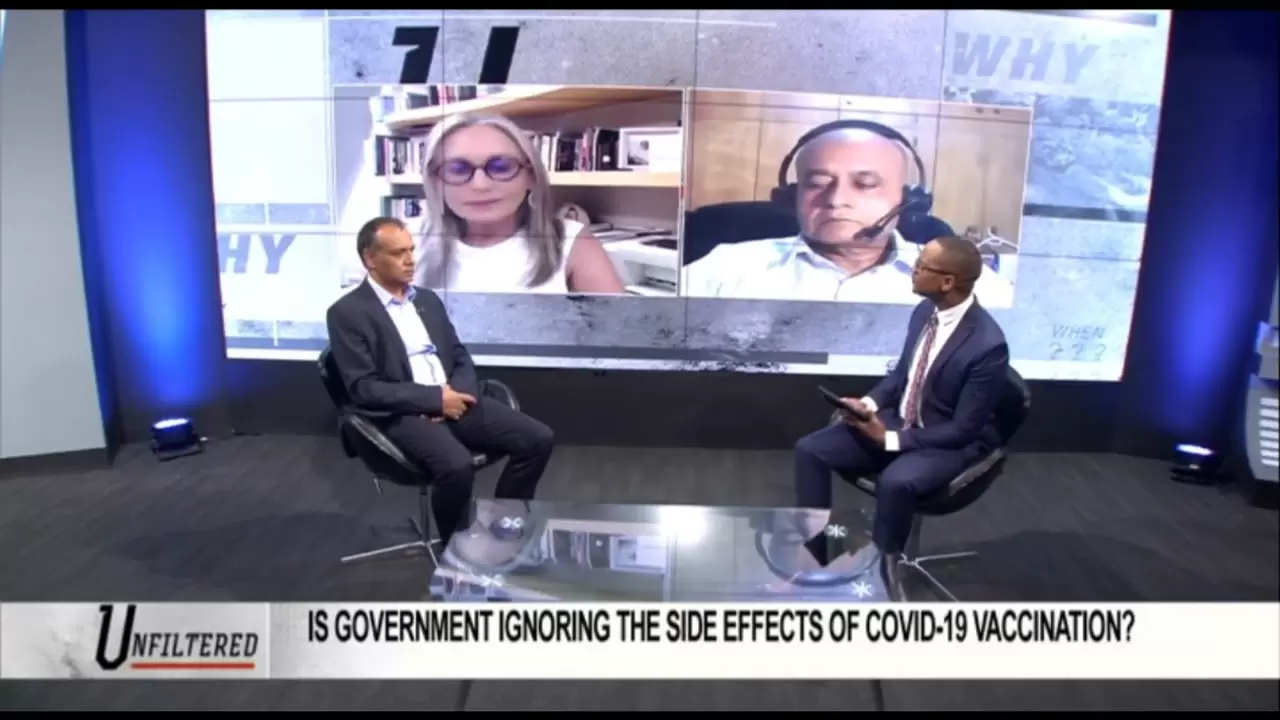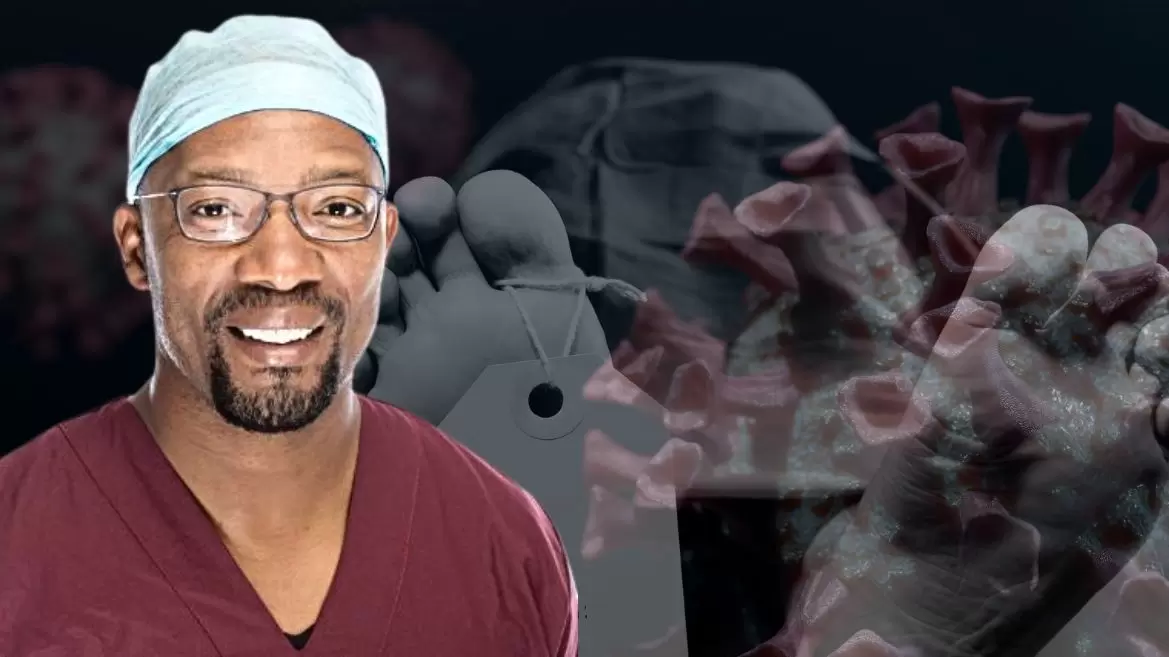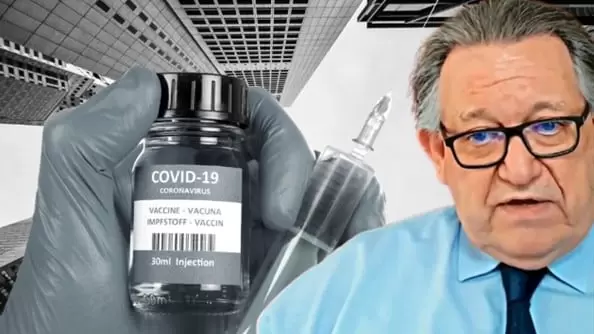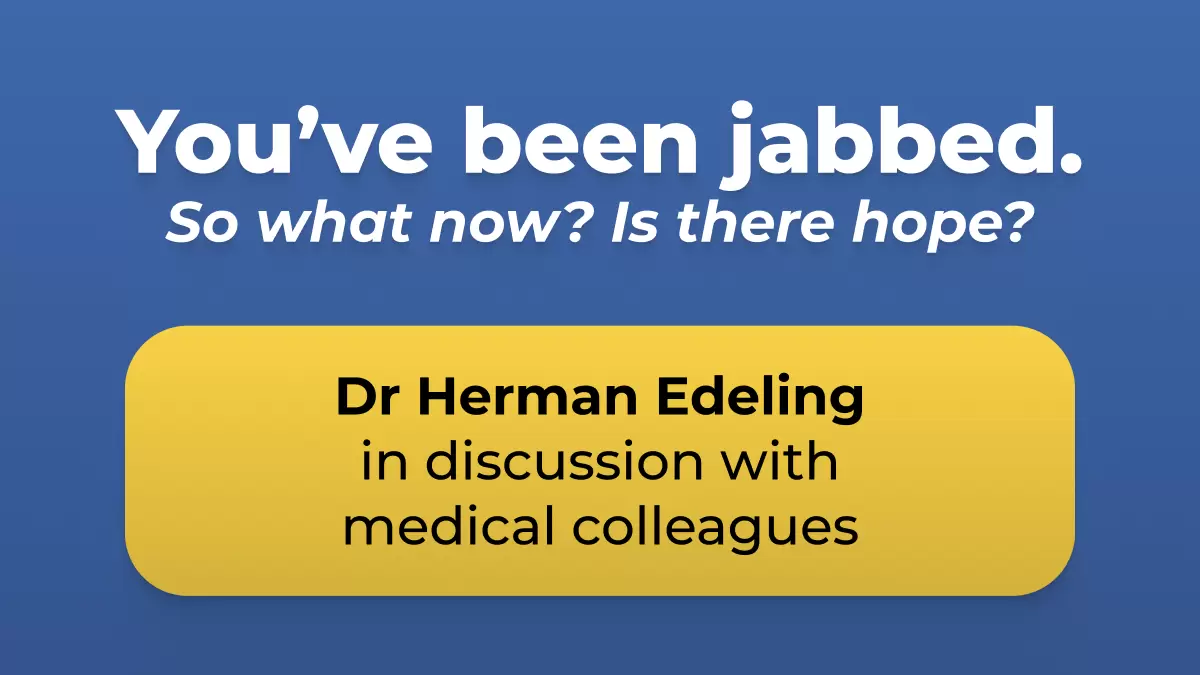My Right to Informed Consent
Our constitutional rights and the general international principle enshrine our right to informed consent.
Additionally, according to South African Medical laws and regulations, South Africans must sign their informed consent before receiving any medical treatment.
Every patient must have enough information to be able to understand what medical or surgical treatment and procedure is being proposed and the potential risks and benefits thereof.
This consent is a legal, lawful, moral and ethical requirement and must be freely given prior to the treatment taking place.
Unfortunately however, South Africans receiving COVID-19 “vaccines” are not given appropriate documents to sign prior to injection.
To obtain informed consent, our medical history and any existing allergies and conditions that we may have must be fully considered.
Given that the ingredients, quantities, the methods used to produce the COVID-19 “vaccines”, and patents are not in the public domain, and therefore undisclosed, it is impossible to perform the necessary allergy tests, or to know whether one will be at risk of an allergic reaction.
South Africans have not been informed of the potential risks to their health and also of the fact that they could die as a result of the COVID-19 “vaccines”. They have also not been properly advised of alternative treatments.
South Africans are given a pamphlet post-“vaccination” which states that they should call a hotline in the case of any adverse events. This would clearly be impossible in a situation where someone is experiencing a heart attack or stroke.
According to the laws and regulations governing medicine and medical treatments in South Africa, we have the right to request that proper medical support must be provided where and when those medicines and medical treatments are being administered.
COVID-19 “vaccinations” are however administered in settings where there is no medical support provided, and without our consent.
The lack of informed consent is a clear compromise of medical ethics and is nothing less than professional misconduct.
Failure to obtain legal and lawful and ethical and moral consent is a breach of multiple criminal and civil laws — both domestic and international.
There can, in fact, be no informed consent for COVID-19 “vaccines”, due to the fact that long term safety data for chronic disease, such as cancer, requires a minimum of eleven years to have passed.
You cannot have informed consent without proper information.
As all health professionals are fully aware of the above, criminal ethical medical misconduct can therefore be inferred.
Spot the Difference
Many parents are often confused by the fact that schools request parental consent when carrying out routine childhood immunizations at schools and think they have been offered informed consent.
Please take a look at this easy-to-understand explanation of the difference between the two:
INFORMED consent:The permission that you grant to a medical practitioner to perform a medical procedure, only IF you have been given FULL INFORMATION of the possible risks and consequences of that medical procedure.
PARENTAL consent: A parent or guardian’s explicit permission for their child to engage in any activity, if the child is legally still a minor. This is a general permission, similar to granting schools the permission to take your children on a school outing. It is NOT RELATED TO MEDICAL PROCEDURES, which require informed consent.
What should be in a proper informed consent document
- Proper risk/benefit analysis
- Complete list of Ingredients
- Proper long-term safety (trial) data
- Disclosure, should the medical treatment still be in trial
- Any adverse effects
- Any contra-indications
- Alternative treatments and therapies that might be available
A note on alternative treatments and informed consent for “COVID-19 vaccines”
Information and access to alternative treatments for COVID-19 has been suppressed and, in some cases, wrongfully and even unlawfully denied. As such, informed consent during the era of “COVID-19” has been unacceptably negatively impacted.
For example, you could be requested to provide informed consent for a Pfizer “vaccine”, and that informed consent could be given without the knowledge of an alternative treatment, such as ivermectin or hydroxychloroquine, which has shown to be safe and effective.
Professor Mary Holland’s Vaccination Policies Speech, United Nations (2016)
“With over 270 vaccines in the global research and development pipeline, the role of law and courts in upholding or rejecting vaccination mandates and in compensating the victims of vaccine injury is critical.” [video source]
Legal Background
International Law – Article 1 of the Nuremberg Code
The voluntary consent of the human subject is absolutely essential. This means that:
- the person involved should have legal capacity to give consent;
- should be so situated as to be able to exercise free power of choice, without the intervention of any element of force, fraud, deceit, duress, overreaching, or other ulterior form of constraint or coercion:-
- and should have sufficient knowledge and comprehension of the elements of the subject matter involved as to enable him to make an understanding and enlightened decision.
This latter element requires that before the acceptance of an affirmative decision by the experimental subject there should be made known to him:
- the nature, duration, and purpose of the experiment;
- the method and means by which it is to be conducted;
- all inconveniences and hazards reasonably to be expected;
- and the effects upon his health or person which may possibly come from his participation in the experiment.
The duty and responsibility for ascertaining the quality of the consent rests upon each individual who initiates, directs, or engages in the experiment. It is a personal duty and responsibility which may not be delegated to another with impunity.
Constitutional Law – South Africa
Chapter 2 of the Constitution, Bill of Rights:
Section 12.2 c): No one is to be subjected to medical or scientific experiments without their informed consent.
The Declaration of Helsinki
Participation by individuals capable of giving informed consent as subjects in medical research must be voluntary. Although it may be appropriate to consult family members or community leaders, no individual capable of giving informed consent may be enrolled in a research study unless he or she freely agrees.
The Belmont Report
Ethical Principles and Guidelines for the Protection of Human Subjects of Research
Respect for persons requires that subjects, to the degree that they are capable, be given the opportunity to choose what shall or shall not happen to them. This opportunity is provided when adequate standards for informed consent are satisfied.
International Law – Australian Capital Territory
Section 10(2) of the Human Rights Act 2004 says that:
No-one may be subjected to medical or scientific experimentation or treatment without his or her free consent.
Note: The prohibition on torture and cruel, inhuman or degrading treatment under international law applies at all times and under all circumstances.
And, if all the above is not enough cause for concern with regard to the situation we find ourselves in, there are very specific guidelines and requirements relating to informed consent where trials and research is involved. Please see downloads below:
We need
informed consent!
